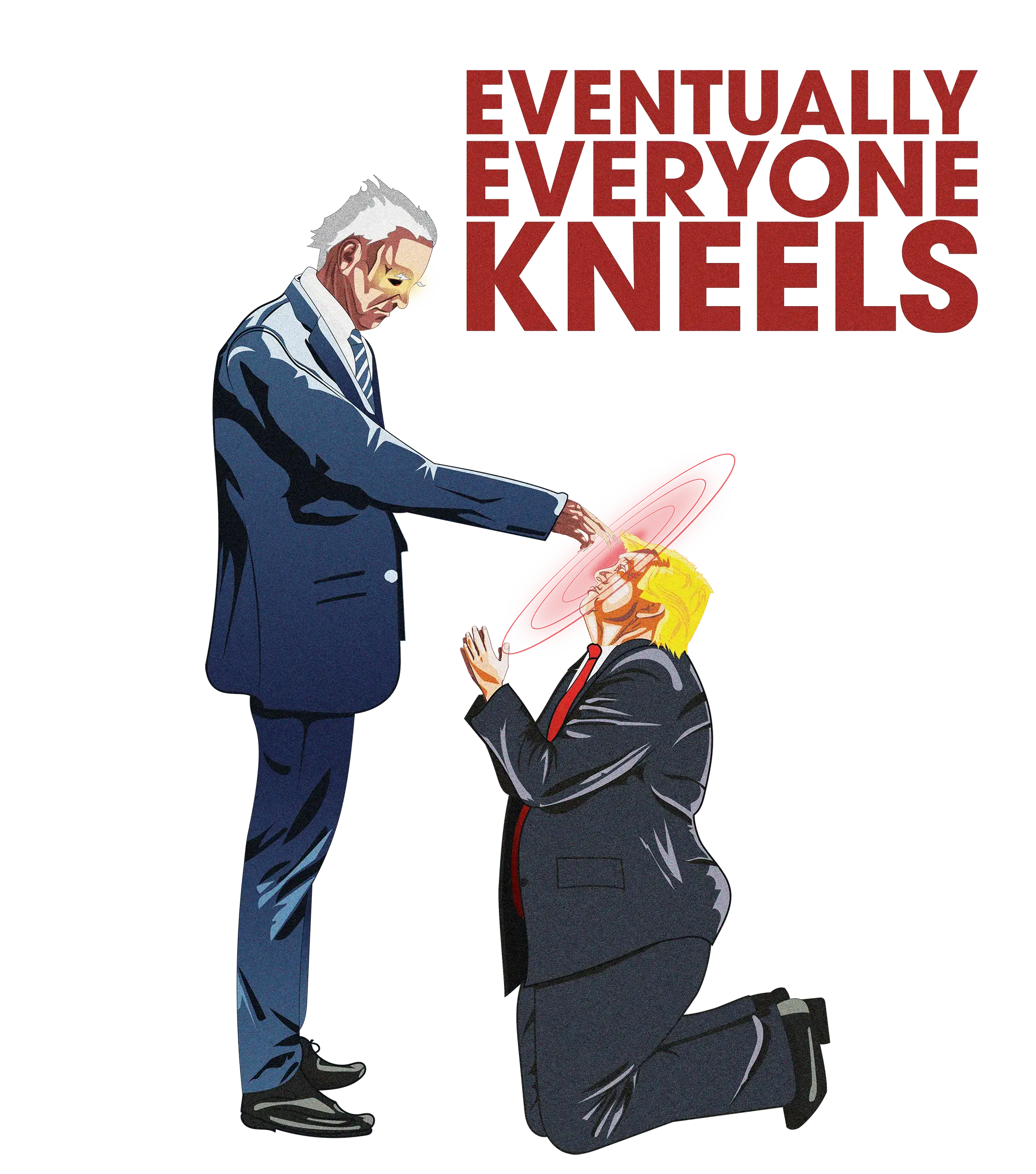

Yeah, this is the one piece a lot of people miss: in any decently competitive market, individual firms have effectively zero power to set prices; they must instead accept the prices determined by the market.
Knowing that, the solution to that sort of corporate BS, then, is to ensure markets are competitive by busting monopolies, lowering barriers to entry, and getting money out of politics to reduce the effect of lobbying.

















The raison d’être for RISC-V is domain-specific architecture. Currently, computational demands are growing exponentially (especially with AI), but Moore’s Law is ending, which means we can no longer meet our computational demands by scaling single-core speed on general-purpose CPUs. Instead, we are needing to create custom architectures for handling particular computational loads to eke out more performance. Things like NPUs, TPUs, etc.
The trouble is designing and producing these domain-specific architectures is expensive af, especially given the closed-source nature of computer hardware at the moment. And all that time, effort, and money just to produce a niche chip used for a niche application? The economics don’t economic.
But with an open ISA like RISC-V, it’s both possible and legal to do things like create an open-source chip design and put it on GitHub. In fact, several of those exist already. This significantly lowers the costs of designing domain-specific architectures, as you can now just fork an existing chip and make some domain-specific modifications/additions. A great example of this is PERCIVAL: Open-Source Posit RISC-V Core with Quire Capability. You could clone their repo and spin up their custom RISC-V posit chip on an FPGA today if you wanted to.